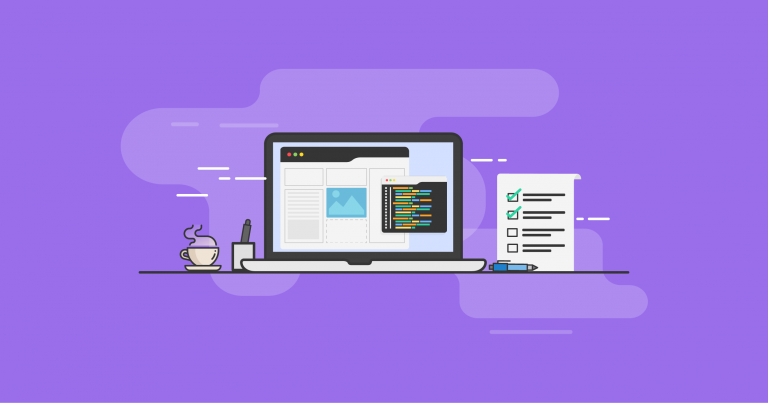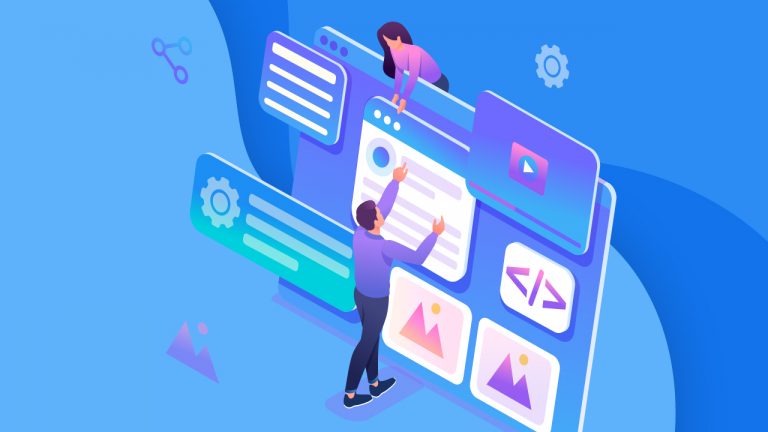Artificial intelligence AI has rapidly transformed numerous industries, and its impact on web design...
Web Design
This is a identified reality that a highly-developed web site helps with deriving wanted...
Your business’s world wide web existence is a crucial a part of your business....







